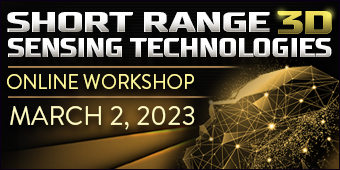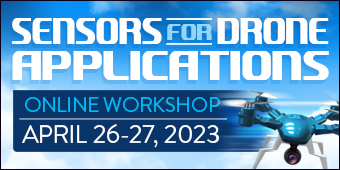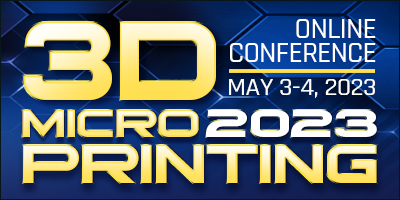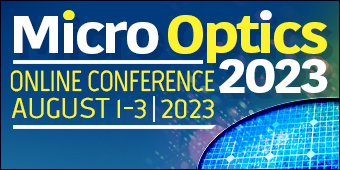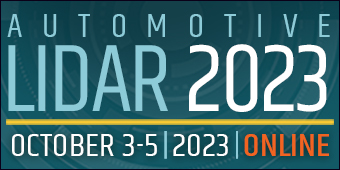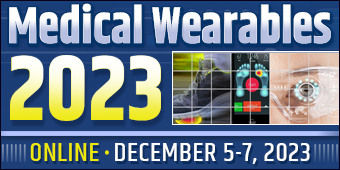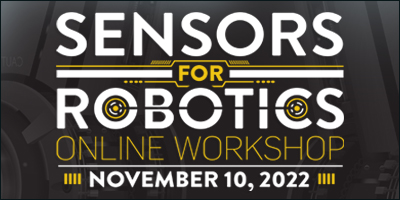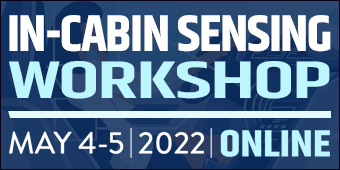Venture Capital
We participate in Pre-Seed, Seed, and Series A investment rounds for sensors and MEMS companies, principally working in the emerging automotive, medical, robotics, drones, and IoT application areas.
Investment Criteria
We seek early-stage teams with the work ethic, creativity, and passion to drive innovative ideas, and we partner with founders who are motivated, disciplined, and trustworthy. We also offer mentorship and extensive connections throughout the sensors, MEMS, and microtechnology technology and applications segments to accelerate growth.

Portfolio Companies
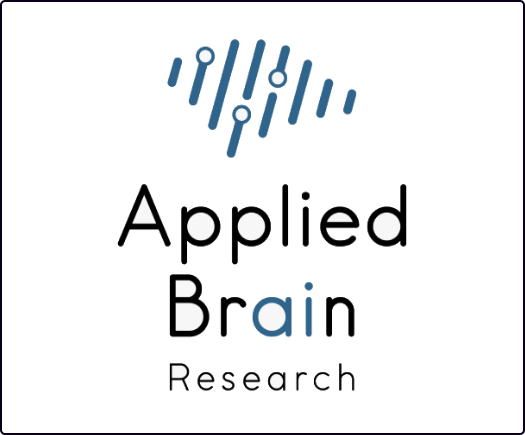
https://appliedbrainresearch.com
ABR was born out of an endeavor to build and understand brains. The company spun out of Professor Chris Eliasmith’s Computational Neuroscience Research Lab at the University of Waterloo. The company offers state-of-the-art and brain-inspired technology that promises to revolutionize the world of AI. In 2019, ABR invented the Legendre Memory Unit, or LMU. Recognized as the first state space neural network, the LMU is mathematically proven to be optimal for compressing and representing time series data. ABR's TSP Chips for language and signal processing are specially built to run this algorithm for even greater efficiency gains. ABR’s time series technology can achieve high accuracy at low power, with less data and smaller models. The company aims to cut the energy costs of AI, and enable next-generation functionality for edge devices.
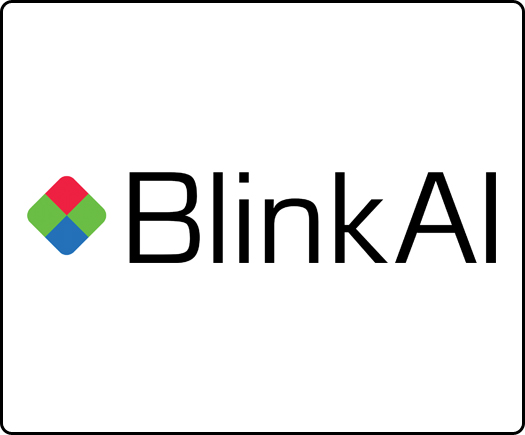
Blink AI Technologies is an AI imaging company that utilizes machine learning to enhance sensor performance, extending the range of what cameras can see and detect in the real world. Building upon proprietary deep learning techniques researched by our team at Harvard and MIT originally for low signal-to-noise biomedical imaging applications, we have developed robust low-light video inference deployed on efficient low-power devices for automotive and other camera-embedded systems. With this enhanced video, we furthermore demonstrate dramatic improvements in object detection and classification in noisy and poor lighting conditions.
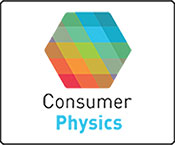
http://www.consumerphysics.com
Consumer Physics has developed SCiO, an advanced optical spectrometer that allows users to identify the chemical makeup of anything around them. It works by shining light on an object and processing the reflected light's spectrum to obtain information about the properties of the sample. SCiO is "Google for matter", enabling the development of mobile applications that allow consumers to analyze the physical world using their smart phones. Customers include Cargill, Dupont Pioneer, CHR Hansen, Olam, and USB. Co-investors in the company include Khosla Ventures, Spruce Capital, Analog Devices, and Sound Ventures.
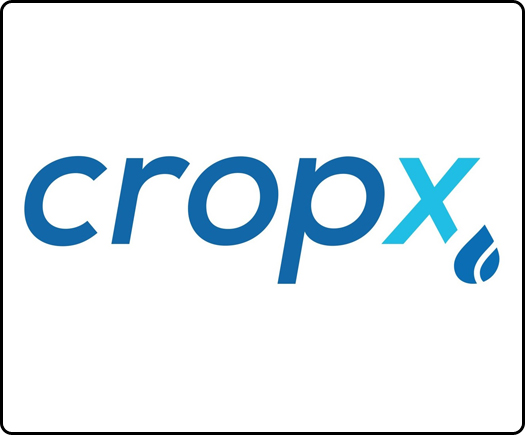
CropX offers a cloud based, integrated hardware and software system: easy to install sensors with IoT connectivity and a patented unique spiral design for accurate measurements of soil moisture, temperature, and electrical conductivity. The company's software integrates additional field data such as location, soil type, topography, and crop variety with remote data such as weather and satellite imaging. Co-investors in the company include Finistere Ventures, GreenSoil Investments, Flextronics, RBVC (Bosch), Ireland AgTech Fund (IAF), Sumitomo Corporation, Reinke, and FarmAgro.
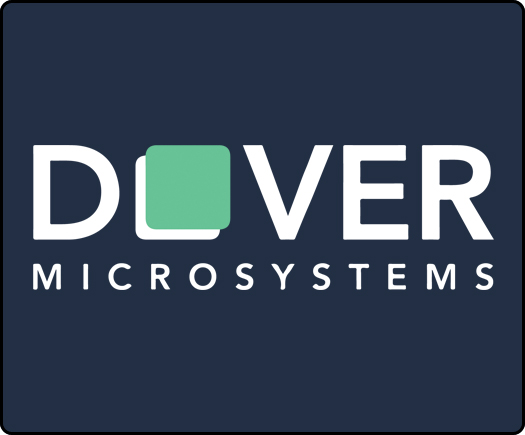
https://www.dovermicrosystems.com
Dover Microsystems is focused on IoT device security. Dover's CoreGuard silicon IP integrates with RISC architectures to protect against cyberattacks, flawed software, and safety violations. The technology originated as part of the DARPA CRASH program in 2010, was developed at Draper in 2015, and was spun out through Dover as a commercial entity in 2017.
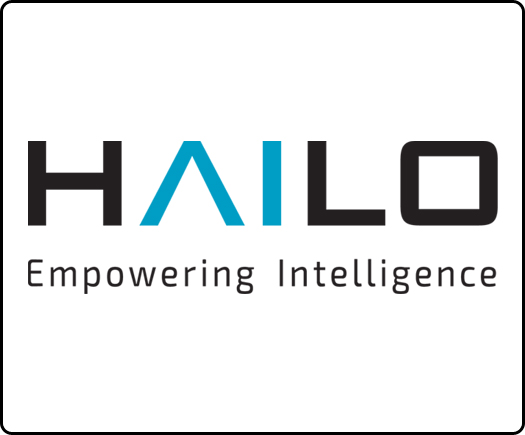
Hailo is developing a breakthrough chip, custom-built for the neural networks of the future. Hailo’s chip design is more power efficient (by several orders of magnitude from its parallels in the data centers), affordable, and compatible with a very large variety of verticals in need for edge device processing. Co-investors in the company include Next Gear Ventures, Delek Motors, and Maniv Mobility.
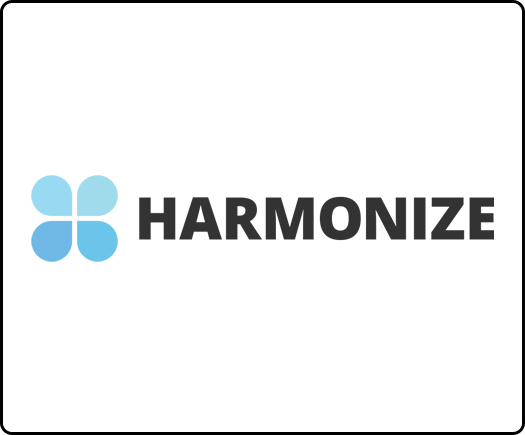
Harmonize facilitates comprehensive care by unifying patient monitoring, chronic care management, and timely interventions within one enterprise platform. Patients receive a sensors-enabled kit with digital health tools customized for their unique needs. Paired with our mobile app, patients can easily perform check-ins and receive timely treatment from their healthcare providers. Harmonize enables healthcare providers to efficiently monitor patients and administer appropriate interventions, ranging from medication titrations to home health appointments.
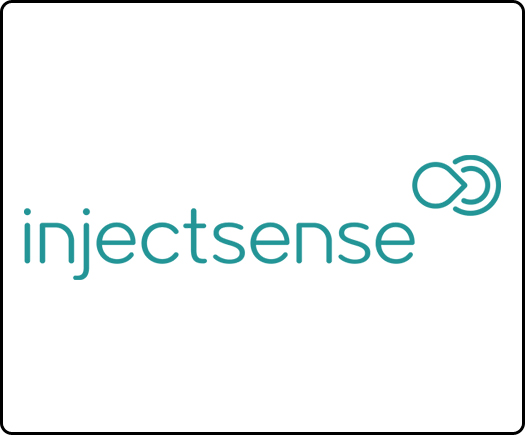
Injectsense enables tracking of progressive disease indicators and improved therapy management by providing continuous, clinically actionable information through an injectable ultra-miniature sensor coupled with a secure digital health platform. The company's sensor, which can be delivered during a doctor's office visit, transforms the care model by enabling medical teams to track the disease at the pace of its evolution, whether months or years, receive early warning signs, and provide preventive therapy. The configurable-on-demand sensor monitors patients 24/7, requires no patient lifestyle changes, and reduces the need for medical office visits. More significantly, it allows physicians to establish an individual patient baseline for comparison, to receive data quickly at any time of day, to see histories and hourly dynamic disease state before irreversible damage is done, and to increase the effectiveness of drug therapy by tracking the effects of pharmaceuticals on key indicators over time.
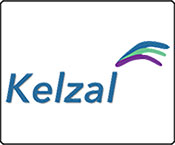
Powered by new types of vision sensors and AI, the perception systems developed by Kelzal produce 1000 times less image data, hyper-fast frame rate and wider dynamic range than conventional cameras. Kelzal is enabling the next generation of autonomous vehicles, retail automation and security to become a reality. Co-investors in the company include Motus Ventures.
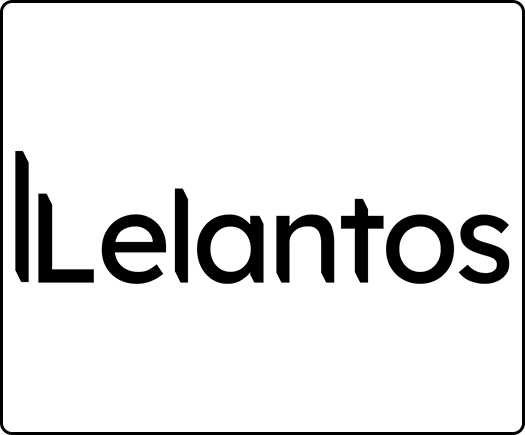
Lelantos is revolutionizing the world of gas sensing by developing a new generation of IoT compatible gas sensors targeted to high value monitoring applications in threat detection, industrial safety, environmental and air quality monitoring as well as medical diagnostics.

MemryX comes from the work of Wei Lu, a professor in electrical engineering and computer science at the University of Michigan, whose research also launched another U of M startup, Crossbar. Lu and his team have developed an in-memory computing system built to significantly outperform today’s CPU/GPU computing architecture for data-intensive tasks.
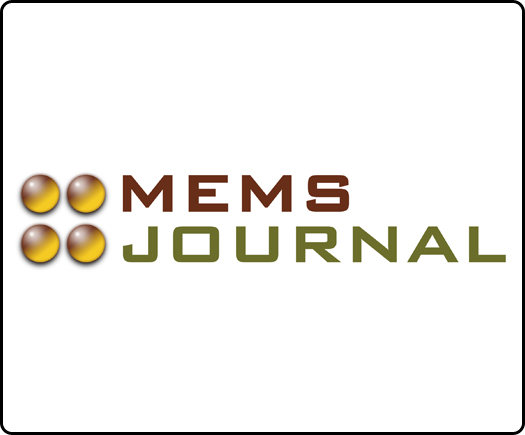
MEMS Journal is the largest MEMS publication worldwide, covering the most notable MEMS news and developments to ensure that their subscribers explore and take advantage of the latest business development, commercialization, and partnership opportunities. MEMS Journal was founded in 2003, currently has 34,800+ subscribers worldwide, and attracts top-level executives, engineers, and researchers who are active participants in the MEMS, sensors, and microtech community.
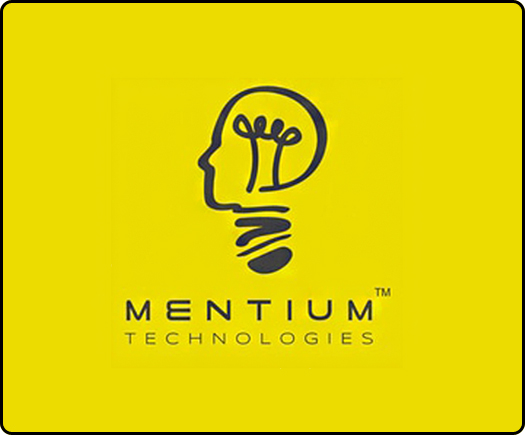
Mentium's architecture is based on non-volatile memory devices used to carry out analog in-memory computation, eliminating the memory transfer bottleneck and exploiting the inherent efficiency of analog computation. Analog computing is an old concept abandoned a long time ago due to its troubles dealing with variations and noise, leading to low precision computation. Mentium solved these challenges and their technology showed incredible resilience to temperature and device variations: they are able to deliver extremely fast and efficient AI computation. Co-investors in the company include Silicon Catalyst Angels.
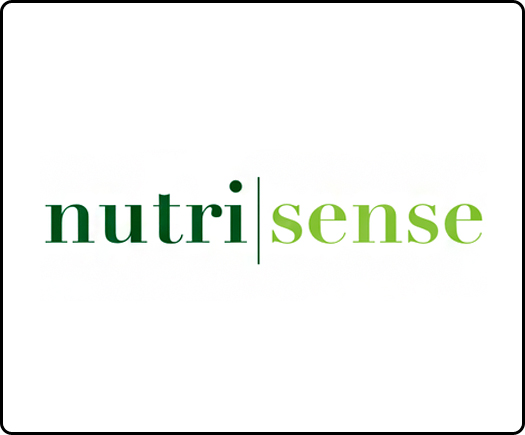
Nutrisense utilizes a blood glucose monitor, and combines it with a tracking app and a real-life coach. Users take pictures of what they eat and Nutrisense gives feedback based on glucose spikes and dips. Nutrisense also takes into account exercise, meals, and sleep. Co-investors in the company include Pin Capital Partners and Techstars.
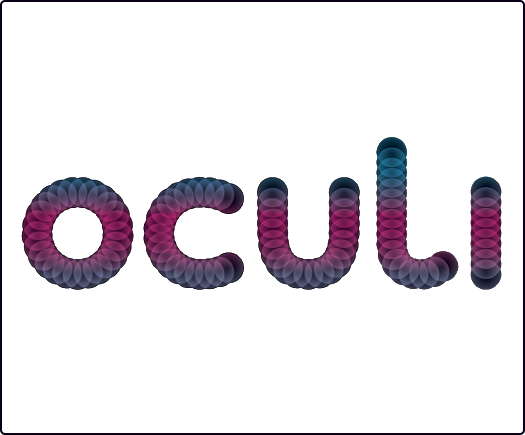
Oculi is a deep-tech, fabless semiconductor company that produces the OCULI SPU™ (sensing and processing Unit), a novel architecture and product in the world of AI and vision technology. The OCULI SPU is a single-chip, software-defined vision sensor that delivers real-time vision intelligence at the edge. The OCULI SPU is the product of 18+ years of R&D led by Dr. Charbel Rizk, Founder, CEO, and CTO of Oculi, which started at the Johns Hopkins University, and was specifically focused on developing efficient vision intelligence on a single-chip that delivers fast response and low bandwidth, power, size, and weight.
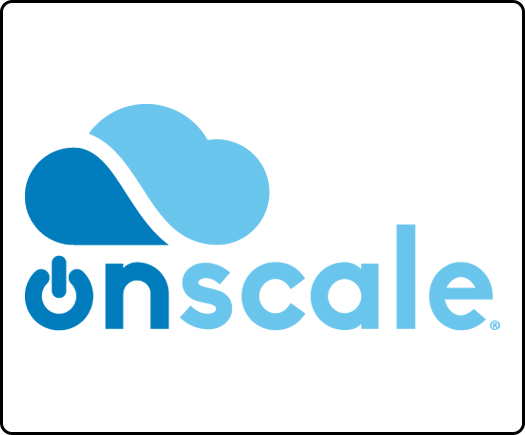
OnScale is the emerging leader in on-demand scalable engineering simulation software, empowering engineers to accelerate innovation across multiple industries, including next-generation technologies such as MEMS IoT, 5G, biomedicine, and autonomous vehicles. OnScale combines powerful multiphysics solver technology used and validated by Fortune 50 companies for over 30 years, with the limitless speed and flexibility of cloud High Performance Computing (HPC). Co-investors in the company include Intel Capital and Gradient Ventures (Google's early stage venture fund focused on AI technologies).
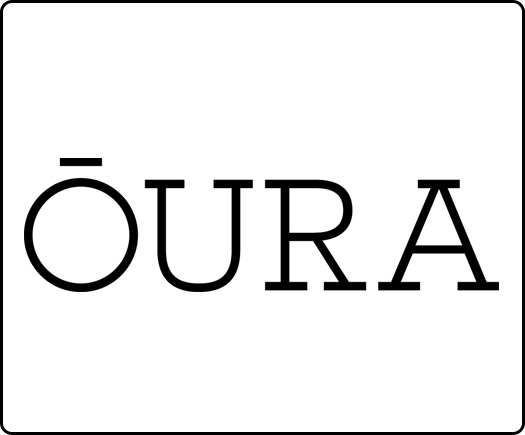
Oura Health, a Finnish health technology company founded in 2013, is the world’s first sensors-enabled smart ring and wellness app that shows how your body responds to your lifestyle by analyzing sleep, activity levels, daily rhythms, and physiological responses. Personalized for you, Oura guides you towards better sleep, recovery, and readiness to perform. Oura has users in over 60 countries, and several top universities, research organizations, sleep clinics, and companies are utilizing the data and insights Oura provides.
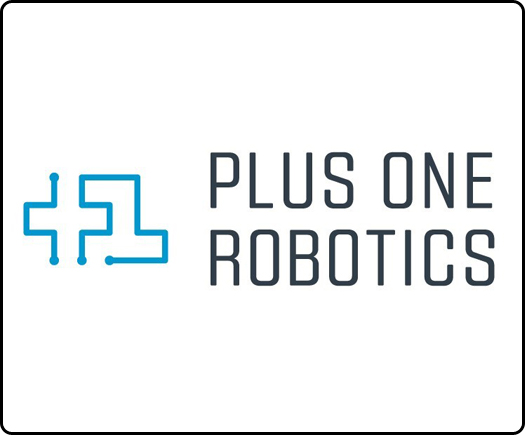
Plus One Robotics makes vision software for logistics robots. The company gives robots the eye-hand coordination to pick and place objects in the warehouses and distribution centers using 3D and AI-powered perception, so robots get smarter over time. Plus One's award-winning approach to customer service includes remote robot supervision, so one human worker can manage up to 50 robots from anywhere. Co-investors in the company include BMW, McRock, Pritzker, and Lerer.
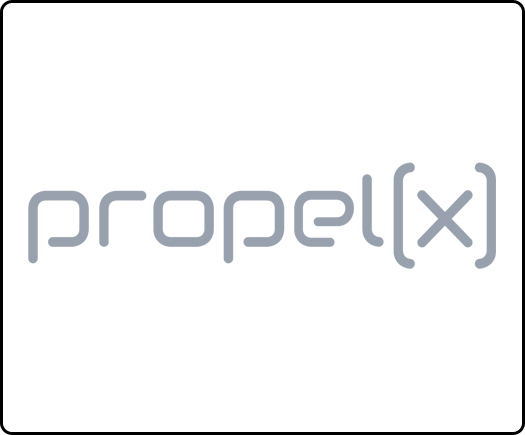
Propel(x) is an online investment platform that works with investors to source, evaluate, and fund pioneering "deep" science and technology startups. The company is active in sensors, materials, and microtechnology segments. Co-investors in the company include Franklin Templeton, FreeS Venture Capital, Sky Saga Capital, ZhenFund, and MIT Alumni Angels of Northern California.
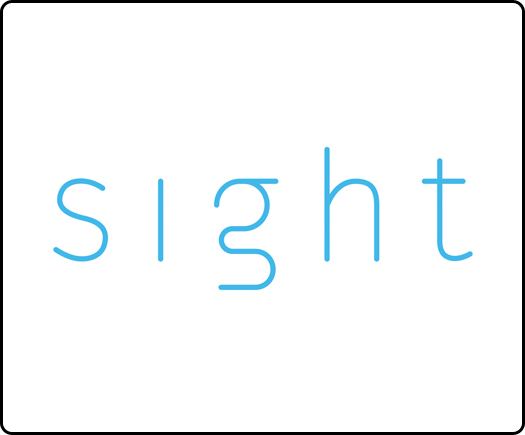
Sight Diagnostics is leveraging machine vision to bring affordable, scalable, and accurate blood analysis to the point of care from a finger prick. The company has introduced OLO, the first-ever 5-differential point-of-care (POC) Complete Blood Count (CBC) analyzer, which promises to bring immediate, lab-quality results into the physician's office. Co-investors in the company include Go Capital, Haisco, and Innovation Endeavors.
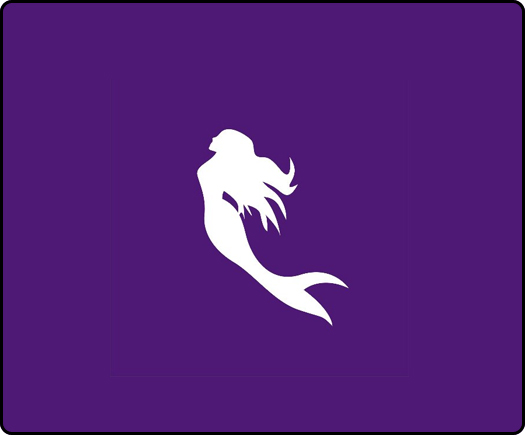
Siren has developed a novel way to embed electronics directly inside fabrics to create smart textiles that are flexible, washable, seamless, and which can be produced on standard weaving machines. The company's first product is a real-time injury detecting sock to help diabetics prevent amputations. Co-investors in the company include Khosla Ventures, DCM, and Anathem Ventures.
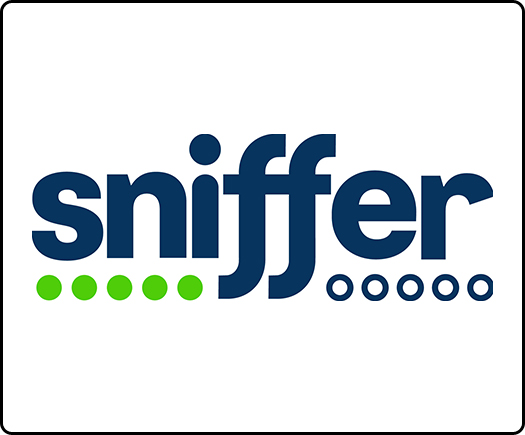
https://www.snifferrobotics.com
Sniffer Robotics is a leading environmental technology enabled services firm serving, waste, natural gas, biogas, and related industries. Sniffer's technologies and services improve emission detection and measurement, odor leak identification, and revenue generation from increased gas capture for conversion to energy. To date, Sniffer has completed projects in 28 states on 150+ sites, identifying 16,500+ methane leaks sources for remediation. Improving operations and our environment, Sniffer provides aerial (drone-based) and field services, automation tools, and comprehensive software analytics and reporting solutions. Co-investors in the company include Michigan Angel Fund, Michigan Rise, Naruhisa Nakagawa (founder of Caygan Capital), and Abhishek Desai of Desai Ventures (London).

